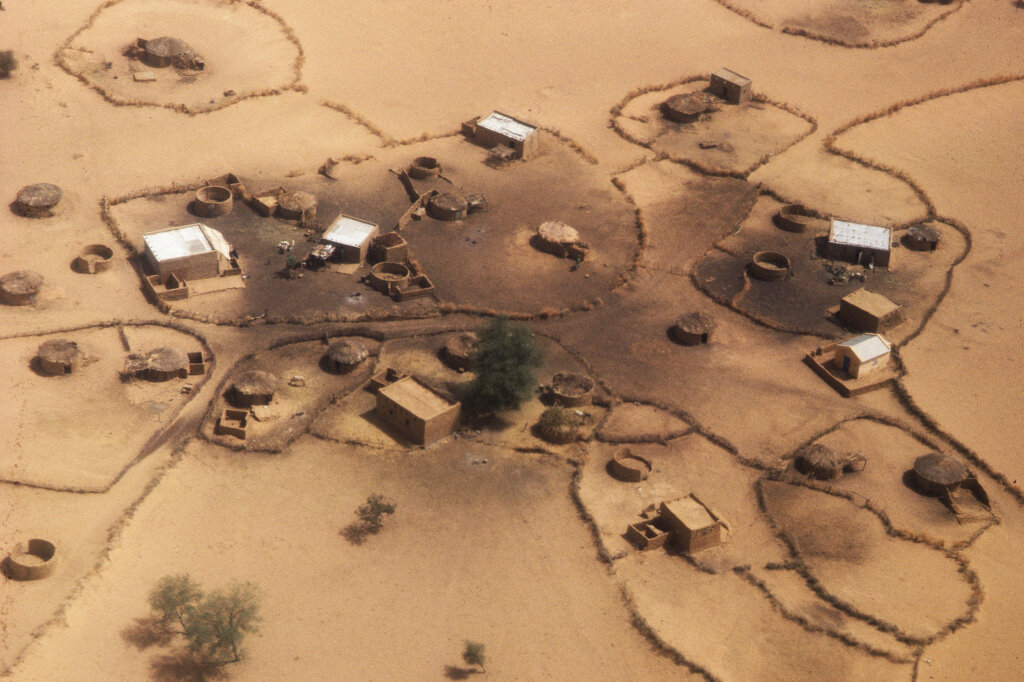Security & Human Rights
The issue of war and conflict in a nation state and the impact on citizens, especially on women and children, is critical in terms of research and peace-building processes…
The World Food Programme (WFP) was awarded the 2020 Nobel Peace Prize for its food assistance programs in conflict-affected states and its work to prevent the use of hunger as a weapon of war. Since it was founded in 1961, the WFP has contributed substantially to reducing global hunger. Nevertheless, the Nobel Committee’s decision this year may not appear to be the obvious choice.
On the 27th of November 2019, two attacks in the eastern Democratic Republic of the Congo (DRC) resulted in 4 deaths and 5 injuries among workers responding to the Ebola outbreak [1]. Among the dead were a vaccination team member, two drivers, and a police officer…
Scientific research holds immense value for society, but it can also be a double-edged sword if used for harmful purposes…
The issue of war and conflict in a nation state and the impact on citizens, especially on women and children, is critical in terms of research and peace-building processes…
As current political tensions point toward war, the protection of civilians in conflict area’s right to health must be considered and protected…
The United Nations (UN) defines violence against women and girls (VAW) as “any act of gender-based violence that results in, or is likely to result in, physical, sexual, or mental harm or suffering to women, including threats of such acts, coercion or arbitrary deprivation of liberty, whether occurring in public or in private life”…
At the core of the World Health Organization’s mission is “the attainment by all peoples of the highest possible level of health”. However, with continuous health inequalities, unequal access to medical care, and historical trauma in Latin America…
Human trafficking affects approximately 40.3 million people worldwide, and has come to be known as ‘modern slavery’. We argue that human trafficking is a product of poverty and a response to changing economic and social dynamics due to globalization…
Considering the already unequal distribution of health resources globally, it is perhaps unsurprising that criminals are not a high-priority target population for high-quality healthcare delivery. But imagine a young prisoner, charged with a crime as minor as petty theft, contracting and dying of tuberculosis in an overcrowded prison…
It was unclear whether the jets had Russian or Syrian pilots, but their target was entirely unambiguous. On June 8th of this year, Al-Bayan hospital in Northern Aleppo was struck in a series of air-strikes conducted by government and allied forces…
Tuberculosis (TB), an airborne infectious disease caused by Mycobacterium tuberculosis (M. tuberculosis), has plagued mankind for centuries. Although TB is no longer an immediate threat to the developed world, it disproportionately affects low-income countries and regions of conflict because its root causes stem from social inequity…
Canadians have expressed a revitalized interest in the plight of refugees in recent weeks, precipitated in September 2015 by tragic photos circulated on social media depicting the Kurdi family’s attempted escape from Syria…
As an institution near-explicitly dedicated to disempowerment and deprivation, the prison system is as pure an antithesis to a healthy setting as possible. Yet – and it should go without saying – the institution responsible for incarceration and rehabilitation also has a responsibility to provide care to, and respect the human rights of inmates…
As continued effects of degradation of the environment reach across many aspects of health and development, the impacts of climate change on human health are still being understood. While climate change is a global phenomenon mostly perpetuated by rich nations, it is usually the poorer nations who bear the brunt of the burdens…
The atom has proven to be the Dionysius of physics: in contrast with the beneficial applications of nuclear science in agriculture, medicine, and environmental studies, atomic weapons inflict bacchic chaos on their possessors and their victims…
In 2011, the earth’s population reached 7 billion. Since 1950, that number increased by 4.5 billion. That’s four and a half billion additional mouths to feed and lives to support. As our population grows, our demand for resources increases…
As the Syrian conflict enters its fifth year, with no resolution in sight, and the international community continuing to debate the best course of action, a severe healthcare crisis continues to escalate both in and around the war-torn country…

















